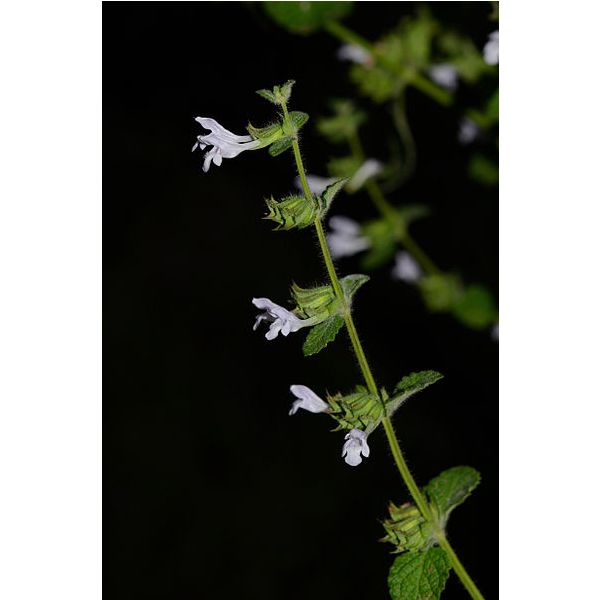Lemon Balm Seeds (Melissa officinalis) *ORGANIC*
Lemon Balm Seeds (Melissa officinalis) *ORGANIC*
Melissa officinalis, known as lemon balm, balm, common balm, or balm mint, is a perennial herbaceous plant in the mint family Lamiaceae, native to south-central Europe, North Africa, the Mediterranean region, and Central Asia.

Delivery
All orders shipped with UPS Express.
Always free shipping for orders over US $250.
All orders are shipped with a UPS tracking number.
Returns
Items returned within 14 days of their original shipment date in same as new condition will be eligible for a full refund or store credit.
Refunds will be charged back to the original form of payment used for purchase.
Customer is responsible for shipping charges when making returns and shipping/handling fees of original purchase is non-refundable.
All sale items are final purchases.
Help
Give us a shout if you have any other questions and/or concerns.
Email: contact@domain.com
Phone: +1 (23) 456 789
Availability: In stock
SKU
Melissa officinalis
Melissa officinalis, known as lemon balm, balm, common balm, or balm mint, is a perennial herbaceous plant in the mint family Lamiaceae, native to south-central Europe, North Africa, the Mediterranean region, and Central Asia.
It grows to 70?150 cm (28?59 in) tall. The leaves have a gentle lemon scent, related to mint. During summer, small white flowers full of nectar appear. It is not to be confused with bee balm (which is genus Monarda). The white flowers attract bees, hence the genus name Melissa (Greek for 'honey bee'). Its flavour comes from citronellal (24%), geranial (16%), linalyl acetate (12%) and caryophyllene (12%).
| Label | Melissa officinalis |
|---|---|
| Common name | Lemon Balm |
| Family | Lamiaceae |
| Genus | Melissa |
| Species | Melissa officinalis |
| Therapeutic uses | Lemon balm is often used as a flavouring in ice cream and herbal teas, both hot and iced, often in combination with other herbs such as spearmint. It is also frequently paired with fruit dishes or candies. It can be used in fish dishes and is the key ingredient in lemon balm pesto. It might be a better, healthier preservative than butylated hydroxy anisole in sausages. In the traditional Austrian medicine, M. officinalis leaves have been prescribed for internal (as tea) or external (essential oil) application for the treatment of disorders of the gastrointestinal tract, nervous system, liver, and bile. Lemon balm is the main ingredient of Carmelite Water, which is still for sale in German pharmacies. Lemon balm essential oil is very popular in aromatherapy. The essential oil is commonly codistilled with lemon oil, citronella oil, or other oils. |
| Germination | In North America, M. officinalis has escaped cultivation and spread into the wild. Lemon balm seeds require light and at least 20øC (70øF) to germinate. Lemon balm grows in clumps and spreads vegetatively, as well as by seed. In mild temperate zones, the stems of the plant die off at the start of the winter, but shoot up again in spring. Lemon balm grows vigorously and should not be planted where it will spread into other plantings. M. officinalis may be the "honey-leaf" (?????????????) mentioned by Theophrastus. It was in the herbal garden of John Gerard, 1596. |

